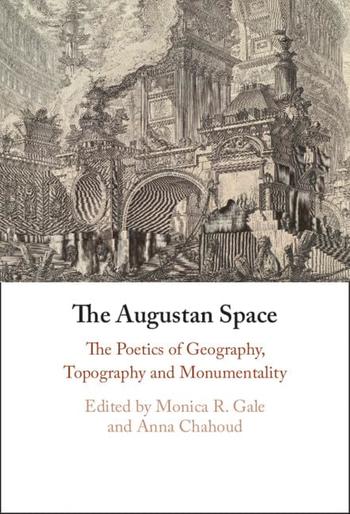Excucurristi a Neapoli: Virgil, Augustus and the Art of Disappearing
Melanie Möller – 2024
The inclination to withdraw himself from the public as far as possible is regar'ed as one of Virgil's most salient characteristics: this at least is the impression given by the few testimonia and numerous anecdotes of his life. The guiding principle of Virgil's life as a poet of the res publica Romana could be described as an 'art of disappearing', which becomes evident in different ways. By means of this Virgil sometimes succeeds in withdrawing himself spatially even from Augustus, the mightiest designer of space, and in establishing certain limits to his 'topotactic' power. To present the 'withdrawing technique' practised by Virgil, this chapter draws on information gathered from biographical texts on Virgil as well as on relevant passages of Virgil's work, naturally without ignoring the documentary fragility of the texts considered. Nevertheless there are conspicuous correspondences between the texts about Virgil and the poetological messages within his literary works, which give an impression at least of his effective seclusion. His reception by his contemporaries and immediate successors proves his greatest success in this respect.
Melanie Möller. "Excucurristi a Neapoli: Virgil, Augustus and the Art of Disappearing." In The Augustan Space. The Poetics of Geography, Topography and Monumentality, edited by Monica R. Gale and Anna Chahoud, 41–52. Cambridge: Cambridge University Press, 2024. https://doi.org/10.1017/9781009176064.004.
